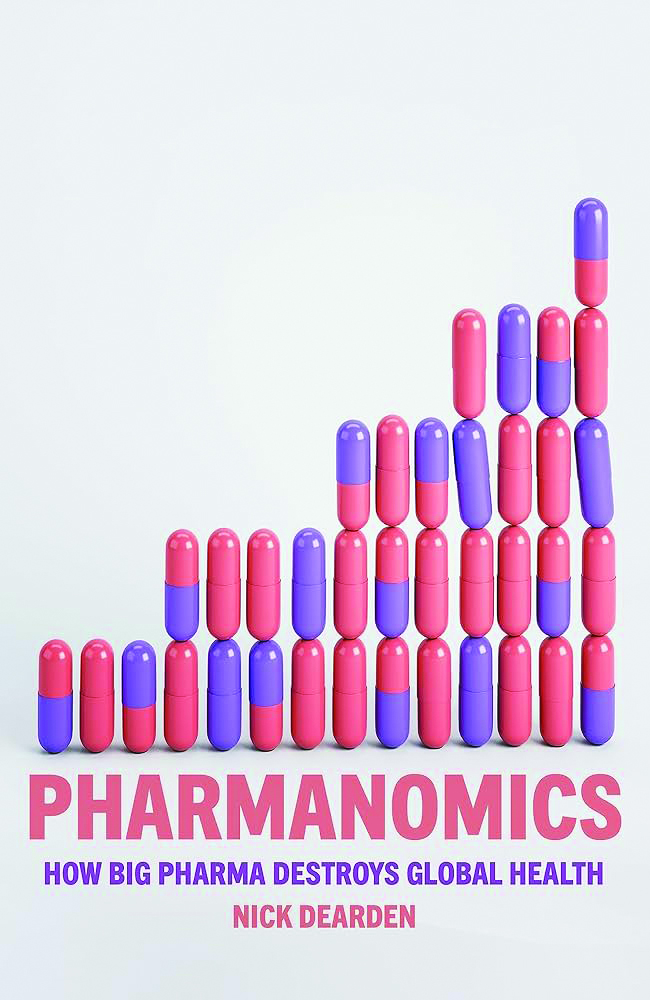Two years ago, many of us were waiting for our first Covid booster shot. We were the lucky ones. Around the world, many countries had not even been able to offer a first vaccine to their frontline health workers. We were living through an inequality in vaccine access so great that it became known as vaccine apartheid’. At the heart of the problem was Big Pharma – the giant, profit-driven corporations which take ownership over many of our medicines.
These corporations – which include Pfizer, Johnson & Johnson and Moderna – used enormous amounts of taxpayer support to get the vaccines that bear their names ready. But then they privatised the know-how behind these vital medicines and refused to share it with the many countries that could have joined the global manufacturing effort. The result? They controlled who got vaccines and who didn’t, while making profits to the tune of $1,000 every second.
Get the latest news and insight into how the Big Issue magazine is made by signing up for the Inside Big Issue newsletter
Vaccine inequality during the pandemic was just the most high-profile example of a problem that has been going on for years. Take tuberculosis – the world’s most deadly infectious disease, which affects 10 million people every year and killed 1.6 million in 2021 alone, mostly in the global south. A recent, searing investigation found that UK pharma giant GSK has deliberately slowed the development of a new TB vaccine over the last few years. The reason? They didn’t stand to profit enough. It’s a glaring example of how this industry repeatedly places profits over lives – with very real consequences for people around the world.
But there are signs things are changing.
Another TB treatment, known as bedaquiline, is made by the US company Johnson & Johnson. The company has sold the medicine for years, but their exorbitant prices have placed it out of reach for people in many affected countries. So there was excitement this year when its patents – the legal ownership which grants J&J the right to stop others from making, using or selling the drug without permission for 20 years – were due to expire in countries like India, well-known for producing cheap generic medicines for the global south.










